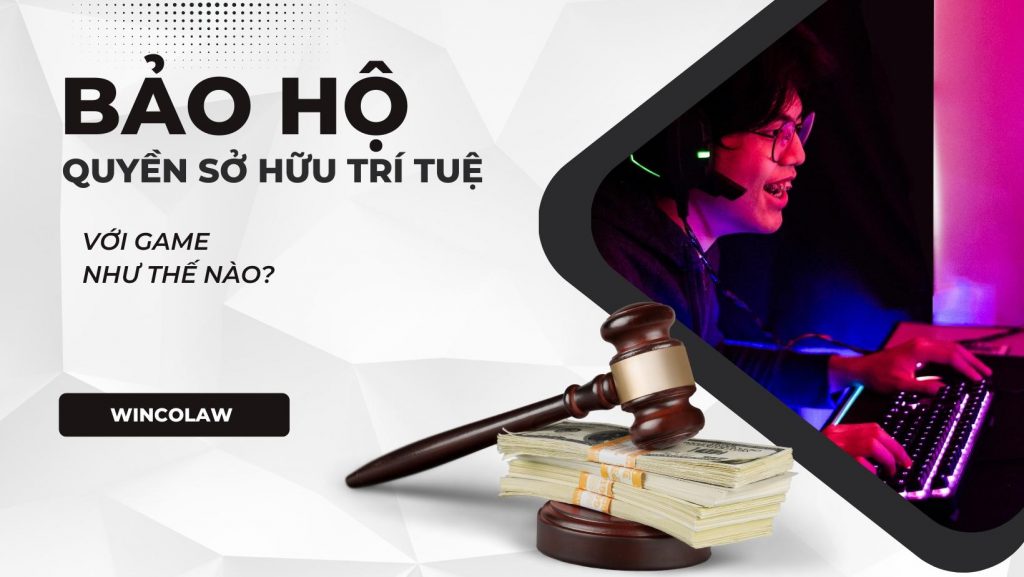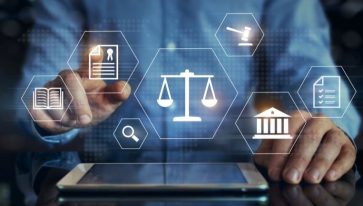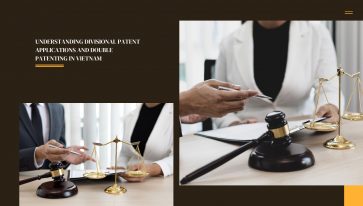
In this article, we will learn what IP infringement is and how to register for IP protection with Games.
I) What is game IP infringement?
If you are a regular gamer, you may have enjoyed a game that makes you enthusiastically play, but then come across another game that is not quite the same. Something “similar” to your favorite game. So the game that you find that “title” violates any law in general and IP law in particular? Let’s analyze the acts of copyright infringement mentioned in the IP law as follows:
Article 28. Acts of copyright infringement
- Appropriating copyright to literary, artistic and scientific works.
- Impersonate the author.
- Publish and distribute works without the author’s permission.
- Publish and distribute a work with a co-author without the permission of that co-author.
- Correction, mutilation or distortion of the work in any manner which is prejudicial to the honor and reputation of the author.
- Copying a work without permission of the author or copyright owner, except for the cases specified in point a and point d clause 1 Article 25 of this Law.
- Making a derivative work without the permission of the author or the copyright owner to the work used to make the derivative work, except for the case specified in point i clause 1 Article 25 of this Law.
- Using the work without permission of the copyright owner, without paying royalties, remuneration or other material benefits as prescribed by law, except for the case specified in clause 1 Article 25 of this Law .
- Lease the work without paying royalties, remuneration and other material benefits to the author or copyright holder.
- Duplicate, reproduce, distribute, display, or otherwise communicate a work to the public via media networks and digital means without the permission of the copyright owner.
- Publish the work without the permission of the copyright owner.
- Intentionally rescinding or invalidating technical measures taken by a copyright owner to protect copyright in his or her work.
- Deliberately deleting or changing rights management information in electronic form contained in the work.
- Manufacture, assemble, transform, distribute, import, export, sell or lease equipment knowing or having grounds to know that the equipment nullifies the technical measures taken by the copyright owner done to protect the copyright of their work.
- Making and selling works where the author’s signature is forged.
- Exporting, importing, distributing copies of works without the permission of the copyright owner.
As such, any act that occurs to the game that is mentioned in the foregoing can be attributed to game copyright infringement.
An example of a lawsuit revolves around the image of a panda in the game Taichi. Specifically, Snail Game released a mobile game (for mobile devices) called Taichi Panda. Accordingly, Blizzard Entertainment, Inc. suggested that Snail Game’s panda image resembles the panda in the company’s short World of Warcraft: Mists of Pandaria. Because of this coincidence, Blizzard decided to sue Snail Game for stealing its character’s copyright.
The fact that a game character is “titled” to a certain character in another game can also be an act of infringing on game copyright if the “title” is intentional and has a specific purpose.
Another example is the phenomenon of the game Flappy bird by author Nguyen Ha Dong released in 2013. Initially the game was only released on the iOS operating system for devices in the Apple ecosystem. However, after the sudden success of this game with the number of people downloading and playing the game skyrocketed, the game was modified to be released on both the Android platform for players not using devices running the iOS operating system. . By February 2014, although the game had been removed by the author himself on the app store, on the app store, there were still thousands of games with content, graphics and gameplay that were almost identical to Flappy’s game. bird with other names such as: Clumsy Bird, Flappy Fly, Falppy Fish, Flappy Duck, Flappy Dragon, Flappy Bug, Flappy Pig, … Although no lawsuits took place, but can see the game copyright infringement. How fast and how wide this can happen.
II) Why is it necessary to register for game copyright protection?
Copyright is generated means it needs to be protected, here is the author of the game. The protection of copyright is true to the nature of its name, is to protect the rights of the developer and owner of the game in accordance with the provisions of the Intellectual Property Law.
If the registration of protection is not done as soon as possible – as mentioned above, even if the game is still in development and has not been released to the public, violations will always happen. occurred, causing unpredictable consequences for game creators, even huge economic losses.
Imagine a large company spending a lot of money and resources to invest in developing a game and having the source code stolen? They take the time to research, survey customer needs and tastes, buy support technology applications, hire experts in many other fields to advise, etc. to build a trendy game and capture it. the trend of the gaming community. But before it was released, for some reason, the source code was stolen by a rival company. This company, after stealing the source code, edited the game characters and scripts (including the game’s name) and released it before the game they stole was released. This will cause the number of customers to flock to use the stolen company’s game, leading to the original company’s game to fail because there are no players. Not only does the customer fail, the original company also loses all its research and development costs, and for dedicated projects this can lead to the collapse of the company. an entire business.
Registration process for game copyright protection
According to the latest regulations on copyright registration, to be able to register for game copyright protection, we need to perform the following steps:
- Preparation of registration documents: registrants must prepare a complete set of documents and the following contents:
- Registration form according to the form
- Notarized copy of the author’s identity document.
- Notarized copy of the owner’s papers (identity papers if the owner is an individual or business registration of the owner is a business, another document if the owner is an organization)
- Game content description copy (program copy): program source code and program content CD.
- Authorization papers (if the applicant is an authorized person), written consent of the co-author (if the game is in the name of many authors), written consent of the co-owners (if the game is under the name of many authors). jointly owned by multiple parties).
- Submit registration documents through WINCO Law firm to protect IP rights with Game:
After carefully preparing in terms of content, the above-mentioned documents can come to work directly with WINCO Law Firm for further consultation and we will assist you in completing the paperwork at the Copyright Office. Author. In addition to games released in many countries, WINCO can also assist in advising authors/owners on copyright/work protection in other countries if those countries have contact with Vietnam on copyright protection rights. Through partners who are hundreds of IP law firms around the world, WINCO can completely assist you in completing the paperwork to protect your intellectual property/copyright.
- Get results in Vietnam:
Within 15 working days from the date the valid application is confirmed to be submitted, the Copyright Office will have the result of returning the applicant a certificate of copyright registration. In case the Copyright Office refuses to issue a paper, a document clearly stating the reason for the refusal will be attached to the applicant.
In order to avoid being denied a copyright protection application due to many reasons, you should work with WINCO in advance for advice, make an explanation file so that the registration file is complete and the copyright registration process is completed. The Game’s intellectual property is
Copyright registration certificates will be recorded in the national register of copyright and related rights. The term of copyright protection for games (computer programs) is 75 years from the date the game is published.






